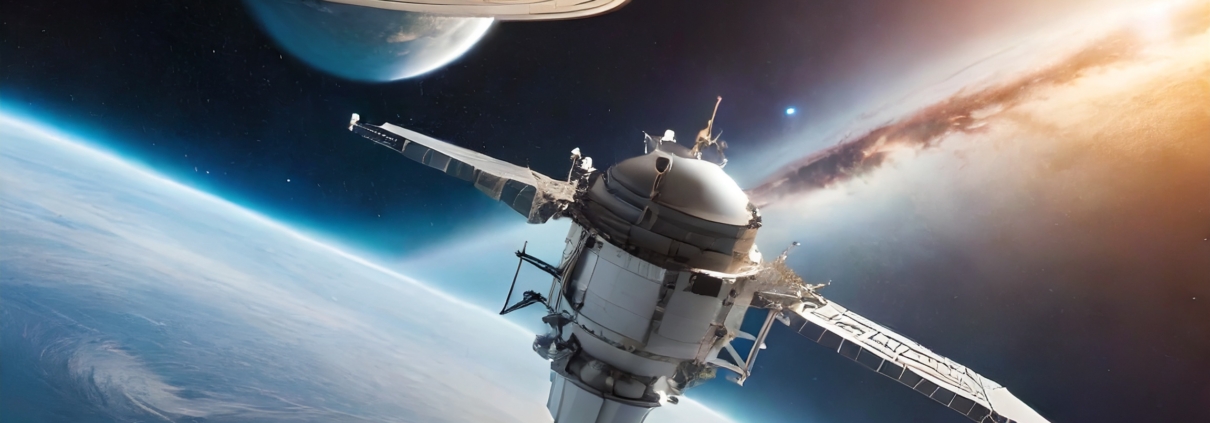Space Technologies – Exploring Breakthroughs and Innovations
Achieving major breakthroughs in space exploration relies on the continuous development of new innovations. While base technologies have been known for decades, the exploration of space demands new advancements to improve travel to and from space, as well as sustainable habitation. Similarly, this holds true for scientific projects or manufacturing plants situated on other planets or the moon, where leveraging diverse gravitational conditions and available resources becomes indispensable. This blog explores key space technologies crucial for advancing space exploration and examines their current state.
Reusable Rocket Technology: Companies like SpaceX have been pioneering the development of reusable rocket technology, aiming to reduce the cost of space travel. The success of the Falcon 9 and Falcon Heavy rockets has significantly impacted the economics of launching payloads into space. However, setbacks in 2023 may delay breakthrough innovations temporarily.
Advancements in Satellite Technology: Smaller, more efficient satellites are becoming a reality, increasing the number of satellites in orbit and expanding their applications. Notable developments, such as Starlink, showcase the latest advancements in satellite technology with broader implications for civil and military applications.
International Collaboration: Countries around the world continue to collaborate on space missions and research. The International Space Station (ISS) serves as a prominent example of international cooperation in space exploration. However, in 2023 NASA decided to discontinue the ISS program after over 20 years of operation.
Space Exploration Missions: There have been several ambitious missions to explore other celestial bodies. Notable examples include NASA’s Perseverance rover on Mars, the Artemis program aiming to return humans to the Moon, and the study of asteroids and comets.
Advancements in Propulsion Systems: Researchers are actively developing new propulsion technologies, such as ion propulsion and nuclear propulsion, to enable faster and more efficient space travel. These advancements are critical for future deep-space exploration missions.
Commercial Space Tourism: Several private companies are working on making space travel accessible to civilians. Suborbital space flights for tourists have garnered attention, and ongoing efforts explore the potential for establishing commercial space stations, opening up new possibilities for space tourism.
Space-based Renewable Energy: Exploration of concepts involving the collection of solar power in space and its transmission to Earth has the potential to revolutionise sustainable energy generation. This innovative approach holds promise for meeting future energy needs.
Space Debris Management: As space debris poses an increasing threat, efforts are underway to develop technologies for tracking, mitigating, and cleaning up debris in Earth’s orbit. These initiatives aim to ensure the sustainability of space activities and mitigate potential hazards.
The development of innovations in space technologies is undeniably complex and faces challenges in securing funding. Despite the slower-than-expected progress, the allure of space exploration, coupled with enormous economic potentials in the long run, ensures a steady and promising trajectory. Increased international collaboration across all levels will be crucial in driving these innovations forward, marking a transformative era in the exploration of space.



